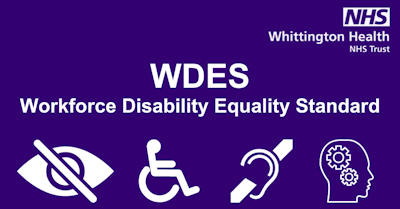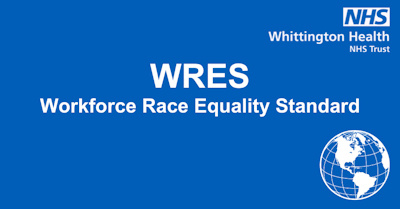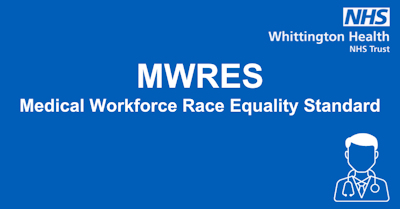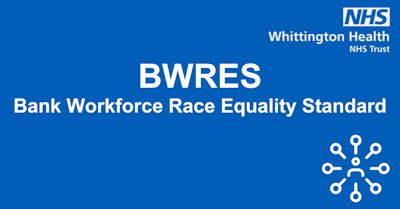The Equality Act 2010 and National Directives
The Equality Act 2010
Age
This can be a person of a particular age (e.g., 18) or within a range of ages (e.g. 45-65)
Disability
A person will typically meet the criteria of disability if they have a physical or mental long-term health condition that substantially impacts their ability to carry out day-to-day activities.
Gender Reassignment
The process of transitioning from one sex into another – this term is now outdated and may be substituted with the term 'gender identity' or refer to the transgender or trans.
Marriage and Civil Partnership
This relates to those in a legally recognised marriage or civil partnership relationship.
Pregnancy and Maternity
Pregnancy relates to the condition of being pregnant or expecting a baby. Maternity relates to the period after birth. Maternity usually refers to maternity leave in employment or 26 weeks after giving birth in a non-work context.
Race
Refers to the protected characteristic of race. It refers to a group of people defined by race, colour, nationality (including citizenship), and ethnic or national origins.
Religion or Belief
Religion refers to any religion, including a lack of religion. Belief refers to any religious or philosophical belief, including a lack of belief.
Sex
Refers to biological sex, being either a man or woman.
Sexual Orientation
Whether a person's sexual attraction is towards their own sex, the opposite sex or to both sexes.







